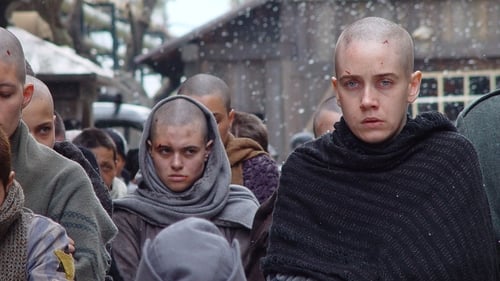
Art Direction
Mario decides to tell his family the truth about himself. But when he is finally ready to come out in front of the entire family, his older brother Vicente ruins his plans.

Production Design
20 years after running away together, Julio and Noeli have raised a family and run a successful business together. However, their marriage seems to be failing, so Noeli files for divorce. Both will do whatever it takes to win their legal battle.

Art Direction
The third episode of the Cities of Love franchise, Rio, I Love You is an anthology, created by 10 visionary directors from across the globe. The story line of each segment focuses on an encounter of love in a different neighborhood of the city, demonstrating the distinctive qualities and character of that location. The film serves to bridge gaps between cultures, educating and entertaining the audience, while celebrating unique and universal expressions of love.

Set Designer
The life of the owners of Circus Esperança, Puro Sangue e Pangaré, father and son, who plays two clowns. At a certain point, Pangaré starts showing tiredness and sadness for being an unhappy clown.

Art Direction

Art Direction
Three young friends, Tita, Mari and Aninha decide to change their situations and travel to a beach place for a weekend. On the road, they meet Estrella, a hippie that wants a hide to try to find her unknown father. Together, they will live hilarious, absurd and moving situations. More than a change the air, they change themselves.

Set Designer
A group of friends come of age during the political turmoil that plagued Brazil in the 1960's and 70's. Together, these musicians form a band called "Os Desafinados" and become a part of the groundbreaking Brazilian musical movement called Bossa Nova

Set Designer
Based upon the true story of Olga Benário, the German-born wife of Brazilian communist leader Luís Carlos Prestes. During the dictatorship of Getúlio Vargas (1930-1945) she was arrested and sent to Nazi Germany, where she was put to death in a concentration camp. After World War II began, Vargas decided to uphold the Allies.






